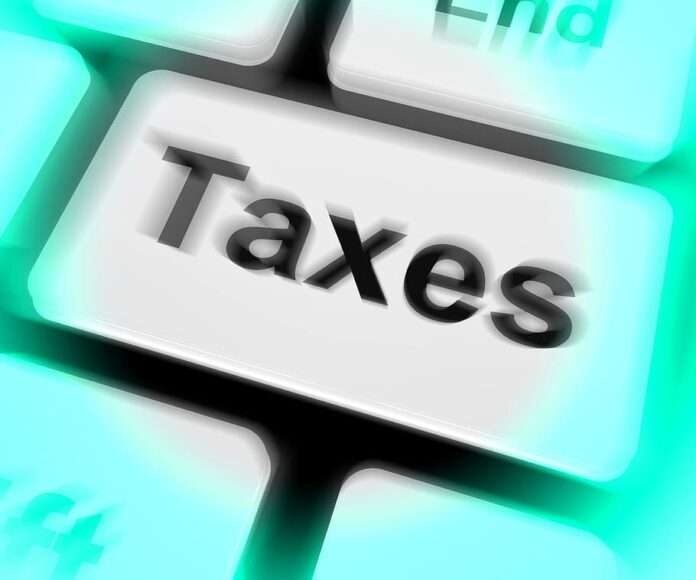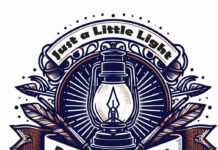The Kansas Legislature faces a special challenge this year, the budget fallout from a covid assault on the economy. The state’s current taxing and spending evolves from an economy and a budget shaped last year before the coronavirus changed life and brought death.
We are now at midpoint of the current budget year and revenues seem stable enough. But the legislature must craft a budget for the next fiscal year which begins on July 1. And as Kansans file tax returns from 2020, a year of covid, future collections are likely to plummet. Businesses have withered or closed, jobs have diminished or disappeared, public venues are stunted or gone. Commerce and industry have declined, and so have their fees and taxes.
Tax policy is one of those parched phrases that bring a yawn. But how and how much is collected for roads and schools, for public safety, for health and welfare will determine the way of life for Kansans in a covid era.
The discussion is largely up to Republicans. Their majorities in the Kansas House (87-38) and Senate (31-9) that can easily override Gov. Laura Kelly, a Democrat.
The trouble starts with Washington. Congress and President Trump declined to deliver additional state and local aid in covid relief legislation. This may prevent state liberation from, say, the sales tax on groceries, or restoring revenue sharing for cities and counties. Congress is now largely immobile, disjointed with all that war dancing among its competing tribes.
“Anyone upset about tax and budget decisions around our state in 2021 should be able to draw a straight line back to the people who obstructed the legislation in Washington, D.C,” Chris Courtwright told the Kansas Reflector. Courtwright recently retired after 30 years as an economist for the Department of Legislative Research.
Last year, the Governor’s Council on Tax Reform met for months, crafting proposed reforms for the 2020 Legislature. The Council, a bi-partisan panel of experts including former legislators, was stalled by the pandemic. Of the many issues spinning through that group, property taxes are a prime heat source. Among the Council’s proposals is reviving the local property tax reduction fund, once reliable aid that helped cities and counties to maintain low property levies. The payments – demanded by law – have been suspended each year since 2002; lawmakers diverted the money to other, sometimes questionable, uses.
Other topics include property tax lids, exemptions, farmland valuation, a limit on the number of tax-assessing townships in a county, payment plans for taxpayers, tax lids for seniors, and more.
The property tax is a relic of the Pony Express days, the persistent goblin of government revenues. It is rarely fair. In spite of reform, property values remain difficult to assess uniformly.
The property tax is expensive to collect. It has scant relation to income produced; it often has a negative social impact because property that is poorly used is usually taxed less. In a twisted sort of way, the inefficient and those without enterprise get the rewards.
The property tax would have greater validity if it were used in relation to property and not to people. That is, taxes on farm land might be used to pay for rural roads and bridges, rural fire and other services. In the towns, property taxes might well finance non-arterial streets, fire departments, storm sewers, parking and more.
Taxes for people functions are another matter. These should be derived from incomes, sales and user fees, collected chiefly on a statewide basis.
The cost of public schools, for example, relates not to the value of the land in a district but to the number of pupils to be educated; this is the footing of current law.
A state-run and state-financed educational system is logical if not always popular. Indeed, social services and welfare, and public health programs had better be on a federal rather than a state basis, considering how transient our population has become.
Such policies run contrary to the notion that local control is better. Sometimes it is. Federal and state programs can develop costly and troublesome bureaucracies. Friends and neighbors understand better the local situations, but today’s friends and neighbors are no longer apt to be tomorrow’s. And the price of local control is often inequitable and discriminatory taxation – with equally onerous and unfair results.
Thirty years ago, fresh from her election and inauguration, Gov. Joan Finney marched unannounced into a meeting of the House Tax Committee and dropped a four-inch thick document on a table in front of the chairman. It was a listing of the state’s tax exemptions, loopholes and abatements. “Here’s one place to begin,” she said, and left the room. The document quickly gathered dust.
***





